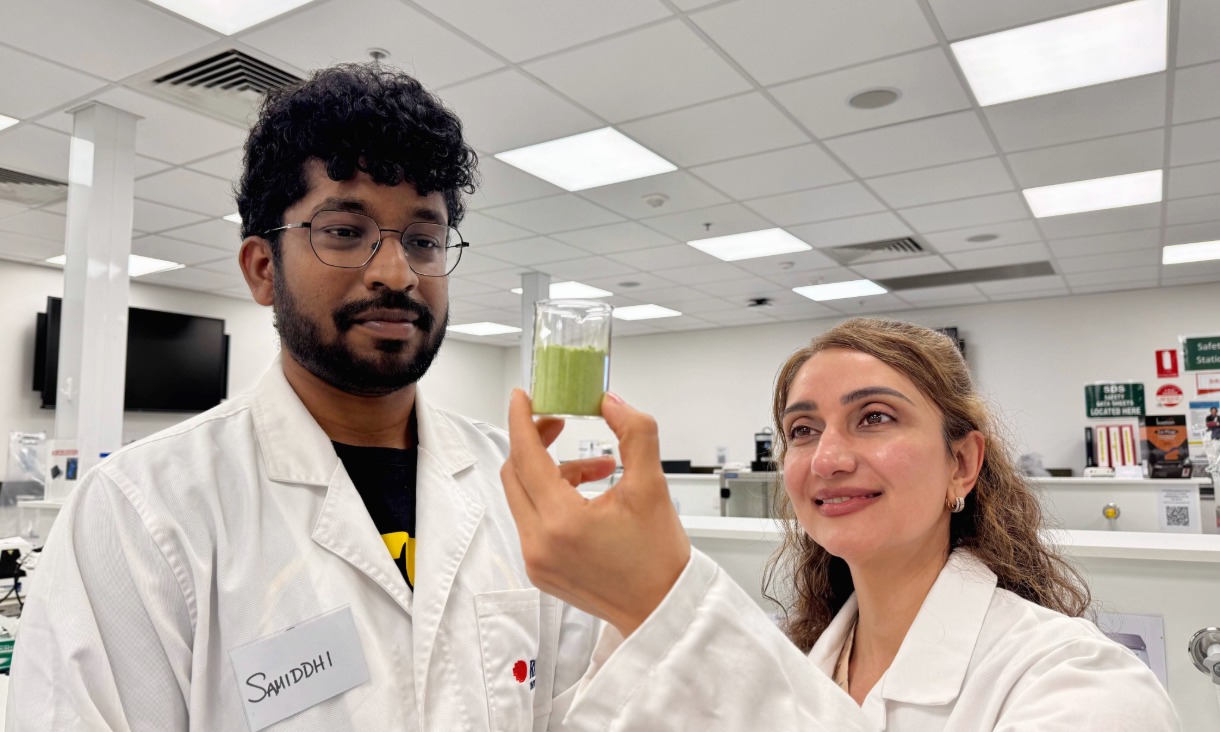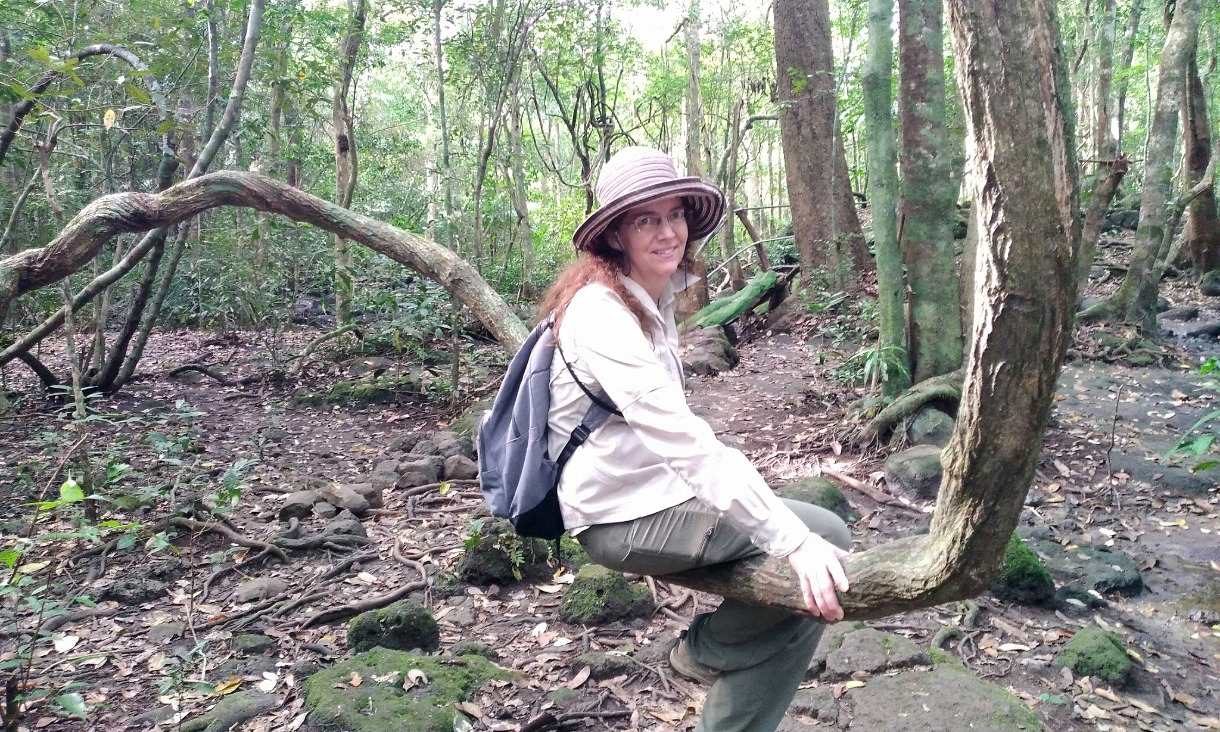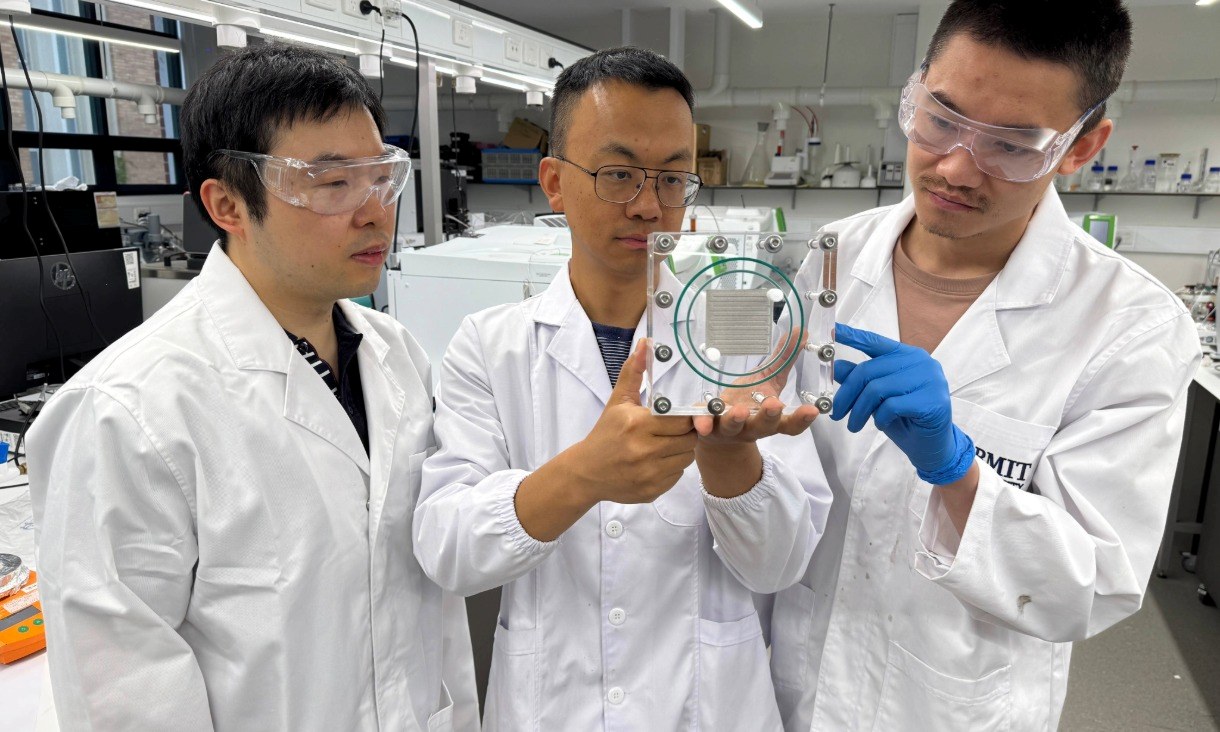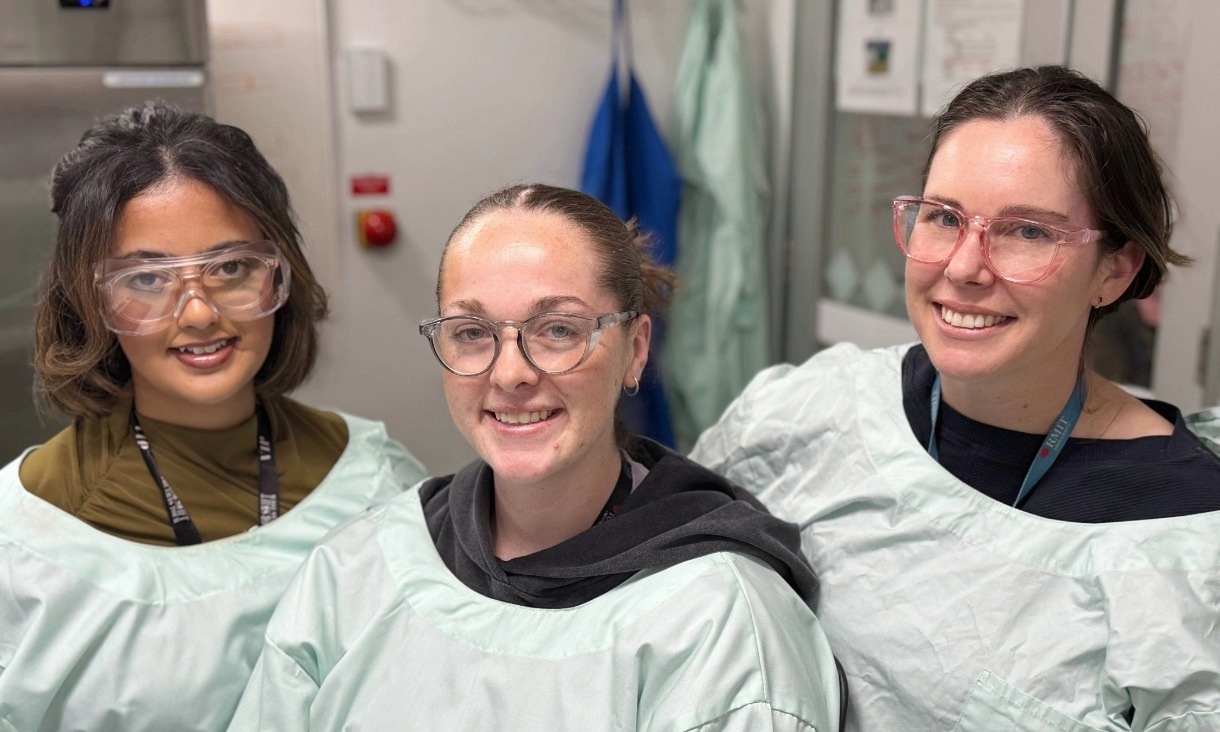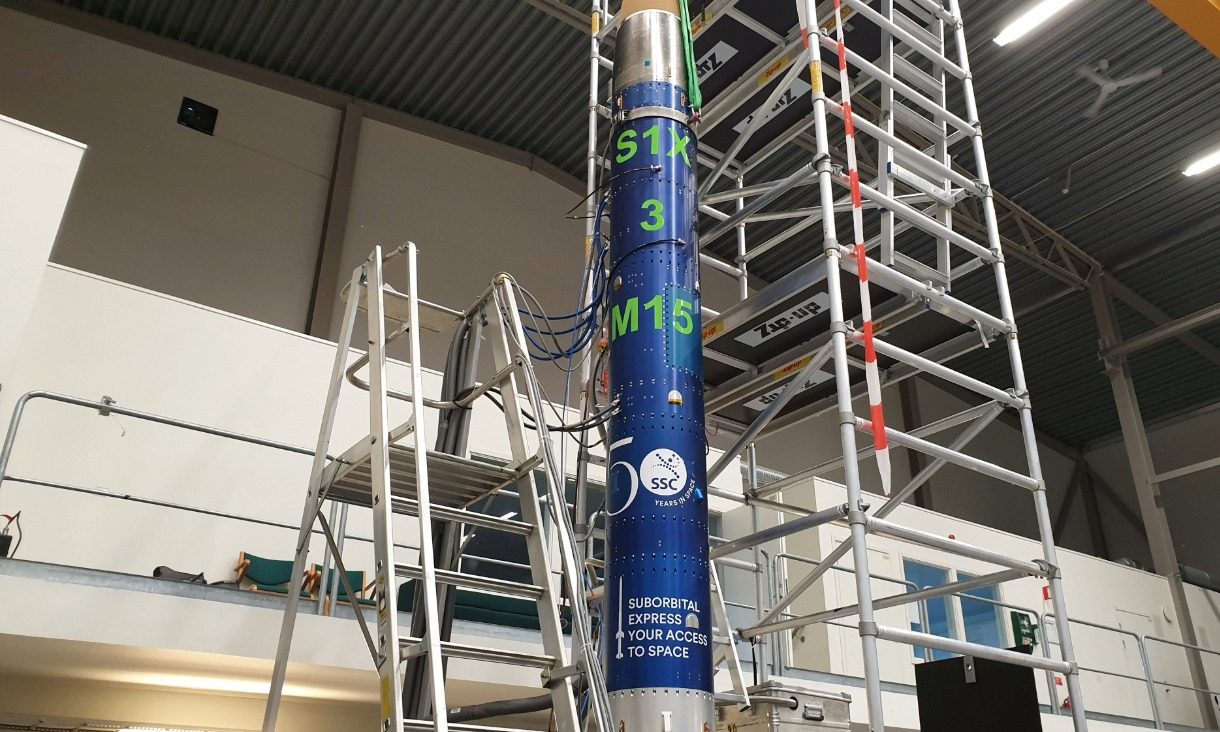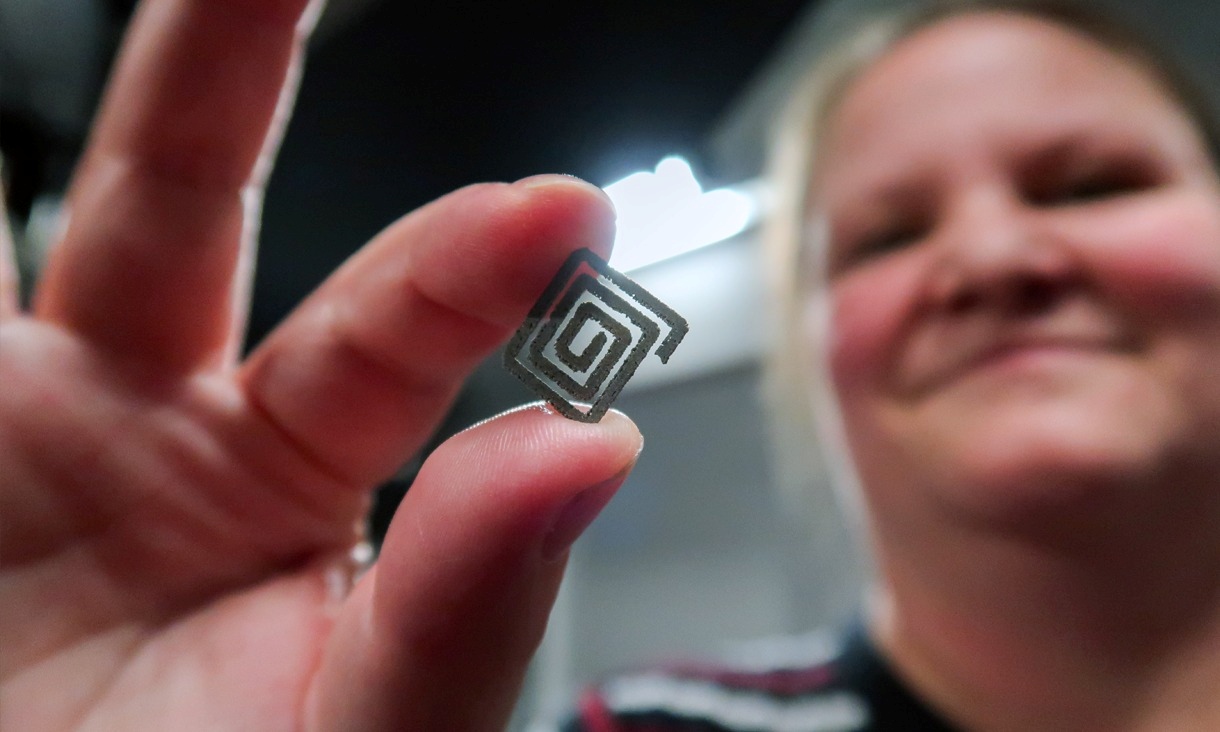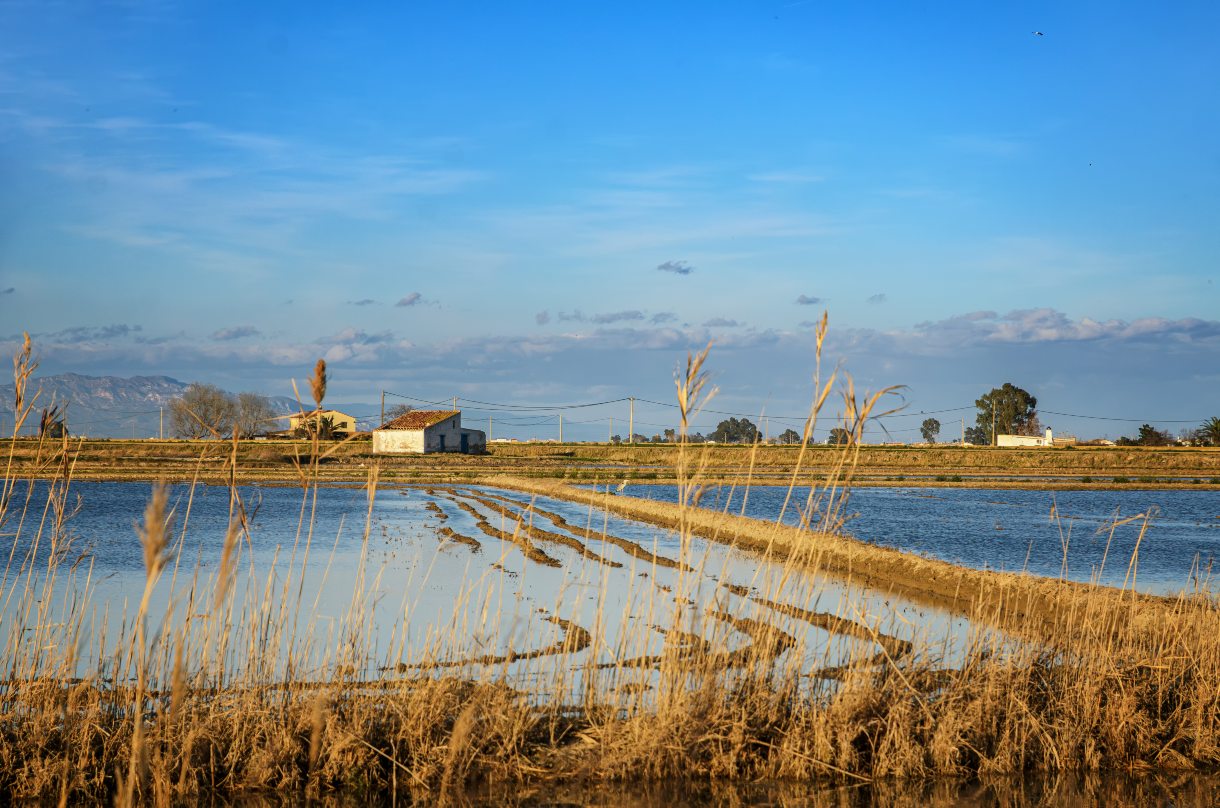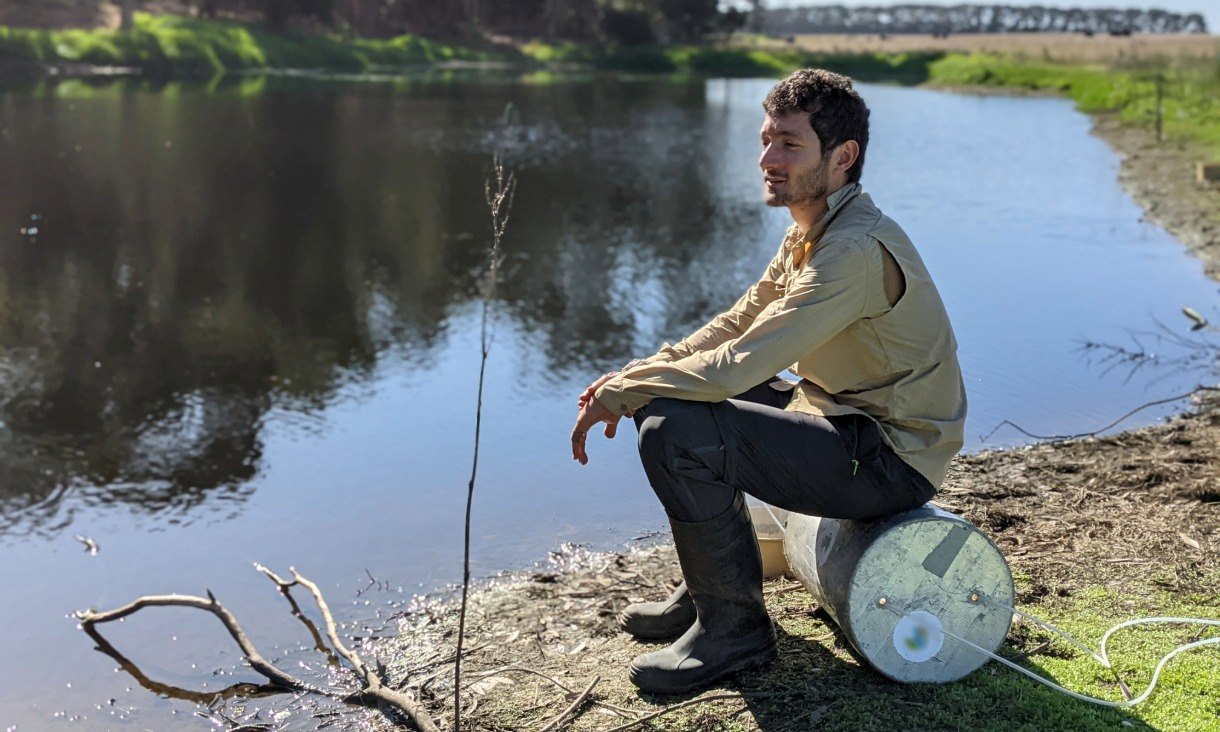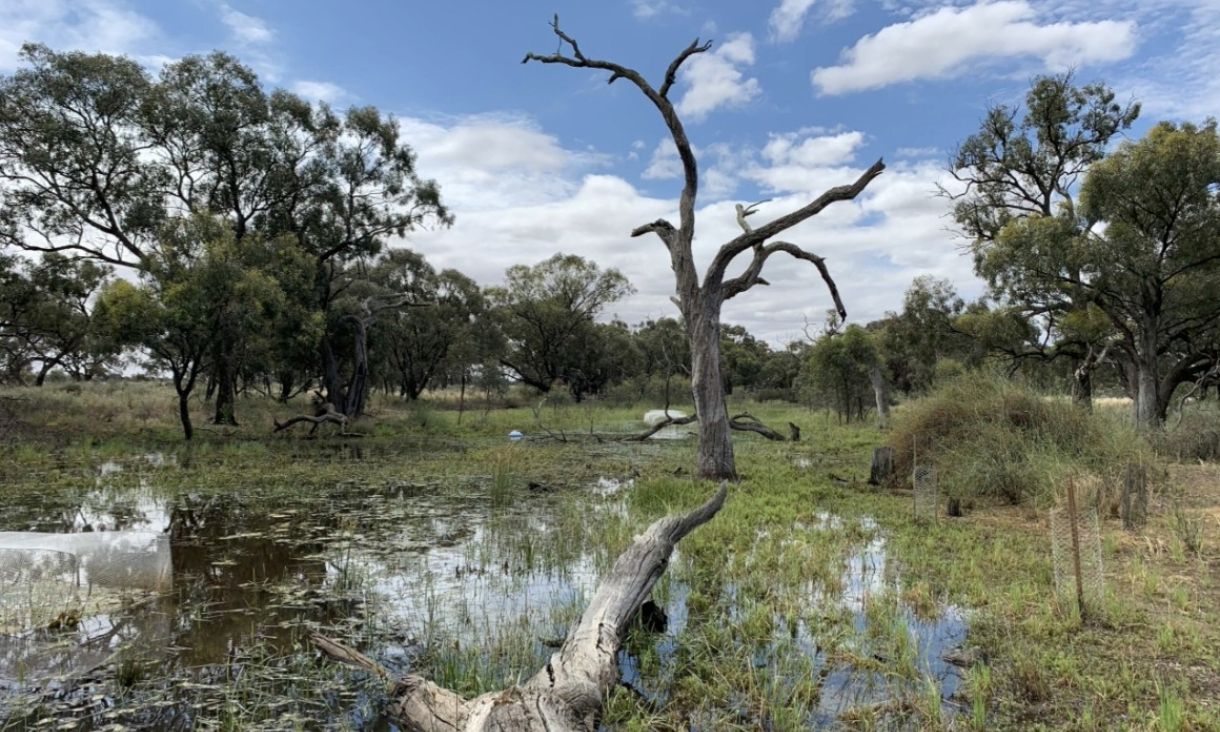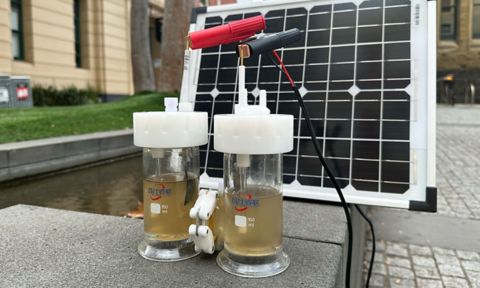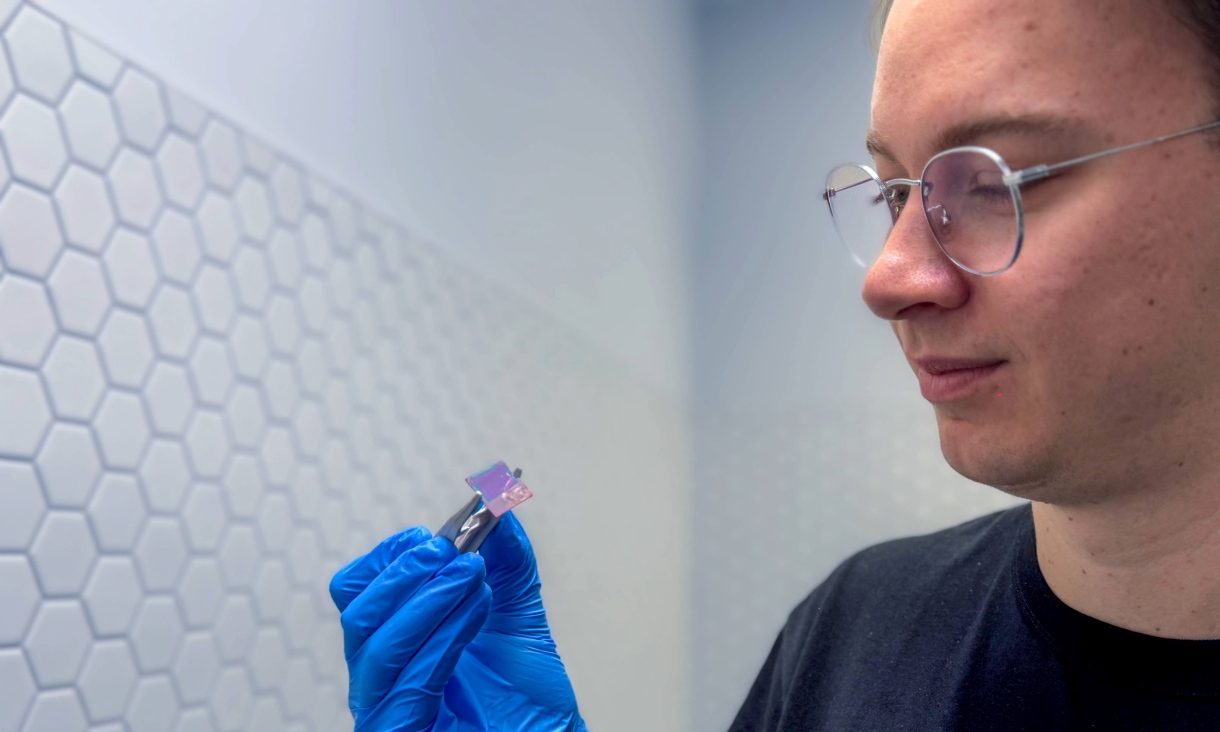‘Incredibly resilient’ nylon device creates electricity under tonnes of pressure
RMIT University researchers have developed a flexible nylon-film device that generates electricity from compression and keeps working even after being run over by a car multiple times, opening the door to self-powered sensors on our roads and other electronic devices.
Indigenous plant could have handy health benefits
New research suggests an Australian desert plant could help food manufacturers improve protein quality and reduce reliance on added salt in staple foods.
Study reveals value of roadkill for scientific research
Hundreds of millions of animals are killed on our roads each year. Now, scientists have revealed how these deaths could play an unexpected role advancing wildlife science and conservation.
New carbon-conversion technology could turn emissions into jet fuel
RMIT researchers have developed a carbon conversion technology that may one day help turn industrial emissions into jet fuel, by simplifying how carbon dioxide is recycled.
Zapping stem cells could boost growth of new tissues and organs
Scientists in Melbourne have discovered how tiny electrical pulses can steer stem cells as they grow, opening the door to new improved ways of creating new tissues, organs, nerves and bones.
Rocket test proves bacteria survive space launch and re-entry unharmed
A world-first study has proven microbes essential for human health can survive the extreme forces of space launch.
Diamond power could be a medical implant’s best friend
RMIT researchers have created an experimental 3D-printed diamond–titanium device that generates electricity from flowing liquid and receives wireless power through tissue making it possible to remotely sense changes in flow.
European funding to make coastal zones more resilient to climate risks
COAST-SCAPES researchers will work alongside local authorities and residents to future-proof vulnerable coastal communities worldwide.
Farm dams could cut emissions and boost wildlife if farmers get support
A study has found most cattle farmers are willing to invest in enhancing their dams, including improving water quality, biodiversity and reducing emissions – if they receive fair government support.
Restored wetlands reap benefits for climate, drought-resilience after just one year: study
Reviving floodplain wetlands slashes carbon emissions by 39% and restores critical ecosystem functions in one year – without the methane spike typically seen in restored peatlands, a new study has found.
Wastewater contaminants boost green hydrogen production
Research led by RMIT University has developed an experimental invention to turn wastewater’s high contaminant load into an advantage for making green hydrogen that could reduce reliance on fresh water – a scarce resource in many parts of the world.
Quantum battery device lasts much longer than previous demonstrations
Researchers from RMIT University and CSIRO, Australia’s national science agency, have unveiled a method to significantly extend the lifetime of quantum batteries – 1,000 times longer than previous demonstrations.


